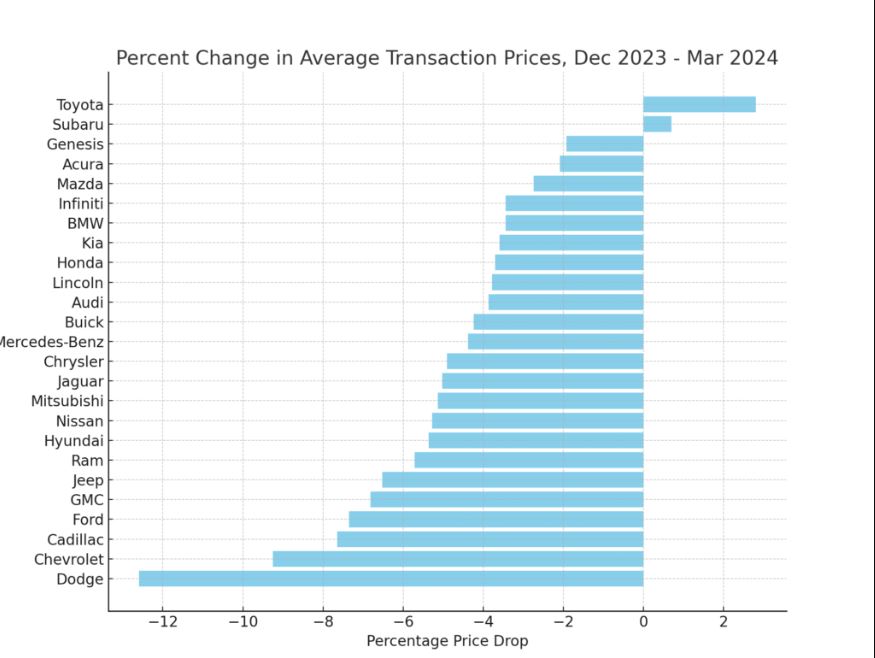800 Credit Score Mortgage Rate: Unlocking The Path To Affordable Homeownership
A strong credit score can be the key to unlocking the most competitive mortgage rates and terms, transforming your homeownership dreams into a tangible reality. An 800 credit score mortgage rate, in particular, can provide you with significant financial advantages, potentially saving you thousands of dollars over the life of your loan.
Understanding the Power of an 800 Credit Score in Mortgage Lending
The Importance of Credit Scores in Mortgage Underwriting
Your credit score is a crucial factor in the mortgage approval process, serving as a measure of your financial responsibility and creditworthiness. Lenders use this three-digit number, typically ranging from 300 to 850, to assess the risk of lending to you. The higher your credit score, the more likely you are to receive favorable loan terms, including lower interest rates and reduced mortgage insurance premiums.
Lenders evaluate your credit history by examining factors such as your payment history, credit utilization, length of credit history, types of credit accounts, and recent inquiries. This comprehensive evaluation helps them determine how likely you are to repay your loan on time.
The Significance of an 800 Credit Score
An 800 credit score places you in the highest tier, indicating that you are an exceptional borrower. With this level of creditworthiness, you can expect to enjoy significant benefits when applying for a mortgage. For example, on a $300,000, 30-year fixed-rate mortgage, a borrower with a credit score between 760 and 850 can expect an average rate of 6.41%, resulting in a monthly principal and interest payment of $1,878. In contrast, a borrower with a credit score between 620 and 639 would face an average rate of 7.99%, leading to a monthly payment of $2,201 — a difference of over $300 per month and more than $76,000 in total interest paid over the life of the loan.

Factors Influencing the 800 Credit Score Mortgage Rate
The Inverse Relationship Between Credit Score and Interest Rate
A higher credit score generally translates to a lower interest rate. Lenders assess your creditworthiness to determine the risk associated with lending to you, and this risk is reflected in the interest rate they offer. An 800 credit score mortgage rate often reflects a lower risk profile, leading to more favorable terms.
To illustrate the real-world impact of an 800 credit score, let’s consider a hypothetical scenario. Imagine you’re purchasing a $300,000 home with a 30-year fixed-rate mortgage. If you have an 800 credit score, you could qualify for an average interest rate of 6.41%, leading to a monthly principal and interest payment of $1,878. In contrast, if your credit score were between 620 and 639, the average rate would be 7.99%, resulting in a monthly payment of $2,201 — a difference of $323 per month or nearly $120,000 in total interest paid over the life of the loan.
Beyond the Credit Score: Other Factors That Influence Mortgage Rates
While credit score is a significant factor in determining your mortgage rate, other elements also play a role, such as your debt-to-income ratio, the type of loan you’re seeking (e.g., conventional, FHA, VA), and current market conditions. Your debt-to-income ratio, which compares your monthly debt payments to your gross monthly income, can influence how lenders perceive your ability to manage additional debt. A lower ratio generally indicates that you can handle your mortgage payments comfortably, further enhancing your chances of securing a favorable rate.
However, maintaining an 800 credit score places you in the best position to take advantage of the most favorable rates and terms available. It gives you leverage when negotiating with lenders and can even make your application more appealing to sellers in competitive markets.
Strategies for Improving Your Credit Score
Building a Solid Credit Foundation
Achieving an 800 credit score requires consistent financial discipline and a proactive approach to credit management. Some key strategies include:
- Paying all bills on time
- Keeping credit card balances low (ideally below 30% of your available credit)
- Diversifying your credit mix
- Disputing any errors or inaccuracies on your credit reports
- Avoiding unnecessary credit applications or hard inquiries
Implementing these strategies can help improve your credit score over time. Remember, even small changes in your credit behavior can lead to significant improvements in your overall score.
Credit Score Monitoring and Maintenance
Maintaining an 800 credit score is an ongoing process that requires vigilance. Regularly monitoring your credit reports and scores can help you identify and address any issues promptly. Consider enrolling in a credit monitoring service or utilizing the free credit report resources available to you. This proactive approach will ensure that you remain aware of your credit standing and can take action to improve it if necessary.
Applying for a Mortgage with an 800 Credit Score
Preparing for the Mortgage Application
With an 800 credit score, you’ll be well-positioned to navigate the mortgage application process with confidence. Ensure you have all the necessary documentation, such as proof of income, employment history, and financial statements, readily available. Additionally, consider obtaining a pre-approval from a lender, which can streamline the application process and demonstrate your financial stability to sellers.
Being prepared not only increases your chances of approval but also allows you to move quickly in a competitive market. Sellers are more likely to consider your offer favorably if they see that you have taken the time to prepare and have the financial backing to support your purchase.
Choosing the Right Mortgage Lender
When selecting a mortgage lender, it’s crucial to compare rates, fees, and terms to ensure you’re getting the best deal. Look for lenders with a proven track record of providing exceptional customer service and competitive pricing. Remember, your high credit score makes you a desirable borrower, so don’t hesitate to negotiate for the most favorable terms.
Additionally, consider seeking recommendations from friends, family, or real estate professionals to find lenders who have a good reputation in the industry. A strong lender can make the mortgage process smoother and help you secure the best possible deal.
The Long-Term Benefits of an 800 Credit Score Mortgage
Beyond the immediate savings on your monthly mortgage payments, an 800 credit score mortgage rate can also have a significant impact on your long-term financial well-being. With a lower interest rate, you’ll pay less in total interest over the life of your loan, freeing up funds that can be invested, saved, or used for other financial goals.
Additionally, the strong credit profile associated with an 800 credit score can open doors to other financial opportunities, such as lower interest rates on personal loans, credit cards, and even insurance premiums. This can translate to a higher overall credit limit, increased borrowing power, and a stronger financial reputation, ultimately contributing to your long-term financial stability and success.
FAQ
What are the benefits of an 800 credit score mortgage rate?
An 800 credit score mortgage rate can lead to lower interest rates, reduced monthly payments, and access to a wider range of loan options. It can also result in significant savings over the life of the loan and provide broader financial benefits, such as increased borrowing power and a stronger financial reputation.
How long does it take to improve my credit score?
The time it takes to improve your credit score depends on your starting point and the strategies you implement. Consistent effort can lead to noticeable improvements within 6-12 months, but the timeline may vary depending on your individual credit history and circumstances.
Can an 800 credit score guarantee the best mortgage rates?
While an 800 credit score places you in the highest tier of creditworthiness and makes you an exceptional borrower, it does not guarantee the absolute best mortgage rates. Other factors, such as your debt-to-income ratio, the type of loan you’re seeking, and current market conditions, can also influence the interest rate you ultimately receive. However, an 800 credit score significantly improves your chances of securing the most competitive rates and terms available.
Conclusion
In conclusion, an 800 credit score can be a powerful tool in your homeownership journey, unlocking the most affordable mortgage financing and setting you up for long-term financial success. By understanding the impact of credit scores on mortgage rates and implementing strategies to improve your credit profile, you can position yourself for a smooth and rewarding homebuying experience.
This text was generated using a large language model, and select text has been reviewed and moderated for purposes such as readability.
MORE FROM searchsmartdeals.com













